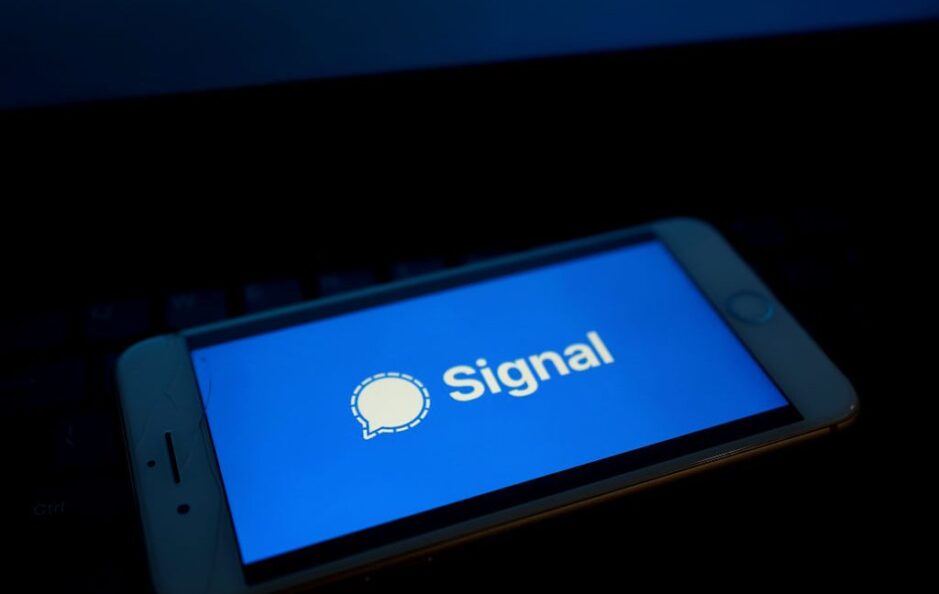Privacy Concerns Rise with Microsoft’s New Recall Feature
Introduction
In an age where digital privacy is increasingly under threat, Microsoft’s newly introduced Recall feature is garnering significant attention and concern. Designed to optimize users’ experiences by indexing various forms of data—including emails, photos, and even conversations on messaging platforms like Signal—the feature has raised critical questions about user consent and data security.
Microsoft’s Recall: Span and Limitations
Recall has the potential to sift through a user’s digital interactions, including Zoom meetings and private messaging histories. However, the extent of this indexing goes beyond the user alone, affecting anyone in communication with them without prior knowledge or approval. This raises alarm bells regarding privacy standards and ethical implementation, as many users are not fully versed in the implications of enabling this feature.
Investigations into Recall’s Security Flaws
In a deep-dive analysis, security researcher Kevin Beaumont explored the operational mechanics of Recall. His findings highlighted notable gaps in privacy controls, even after Microsoft implemented some purported safeguards. For instance, Beaumont reported that the feature continued to screenshot sensitive information, such as payment card details. Additionally, he noted that the database could be decrypted simply through a fingerprint scan or PIN, raising concerns about unauthorized access and the potential for exploitation.
Challenges for Developers
Cunningham, another researcher, pointed out a significant oversight from Microsoft: developers lack the capability to block content displayed in their applications from being indexed by Recall. This leaves applications like Signal at a disadvantage, compelling developers to seek alternative methods to safeguard user privacy. To navigate this limitation, Signal has ingeniously turned to Digital Rights Management (DRM) settings intended for copyright protection. By repurposing these tools, Signal aims to create an additional barrier against unauthorized indexing of private messages.
Signal’s Response
Signal expressed its frustrations with Microsoft’s privacy practices, emphasizing the inadequacy of the tools available to developers. The organization stated, “We hope that the AI teams building systems like Recall will think through these implications more carefully in the future.” This ongoing situation exemplifies the challenges that privacy-focused applications face in an increasingly AI-driven landscape. Signal argues that users should not have to compromise on privacy for the sake of technological advancements.
Byte-Sized Protections
While Signal’s efforts may mitigate some risks posed by Recall, they are not foolproof. The protective measures are only effective if all chat participants using the Windows Desktop version maintain default settings, which may not always be the case. Therefore, the potential for private messages to be indexed remains a lurking threat, highlighting ongoing vulnerabilities in the system.
Industry Response and Outlook
As of now, Microsoft has not publicly addressed inquiries regarding its lack of granular control over Recall for developers. There is also no information on whether the company plans to implement more robust privacy protections in future updates. This ambiguity leaves users and developers alike in a precarious position, continually questioning the safety of their interactions on platforms that utilize Microsoft technologies.
Conclusion: Reflecting on Privacy in a Digital Age
The ongoing discourse around Microsoft’s Recall feature serves as a critical reminder of the balancing act between innovative technology and user privacy. As software developers and users navigate these complex waters, the necessity for clear regulations and robust privacy controls becomes ever more apparent. The stakes are high: a failure to address these privacy concerns could not only undermine user trust but also set dangerous precedents for the future of digital communication. The situation prompts essential discussions about accountability and the ethical responsibilities of tech giants in safeguarding user data.









